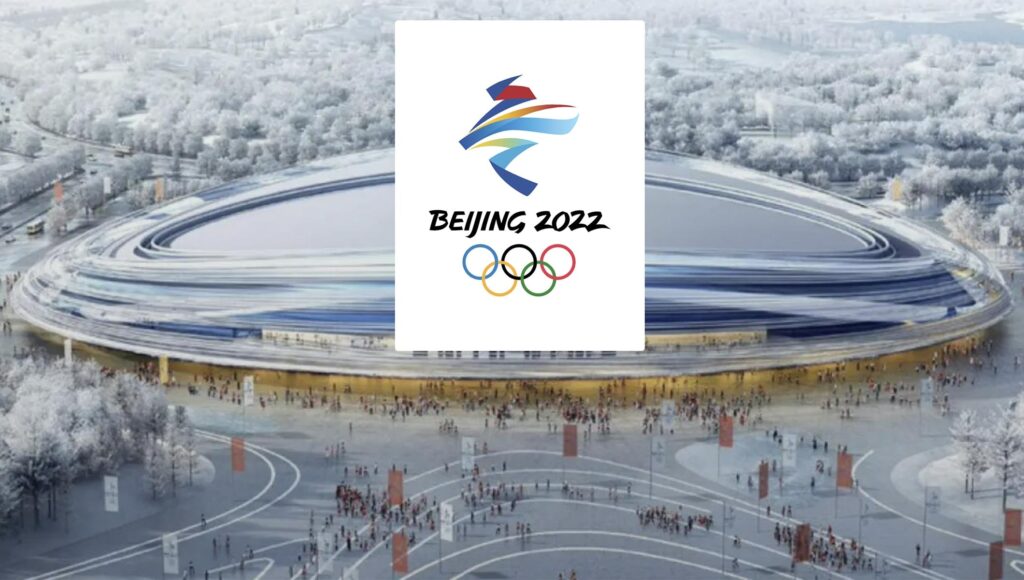Athlete and governmental activism is a long-standing tradition at the Summer and Winter Olympic Games, and this year’s Winter Olympics is no exception. With 90 countries, from Albania to Uzbekistan, being represented at Beijing, the athletes in attendance represent many different cultures, beliefs, political systems, and economic backgrounds. Despite all of the internal and global conflict around the globe, these countries come together to compete in fair and balanced athletic competitions, creating both nationalism and global camaraderie. The international platform that the Olympics provides means that athletes can be representatives not only for their country and athletic prowess, but also for their personal beliefs.
From individual athletes like 11-time medalist Allyson Felix to entire administrations like those of Biden and Reagan, activists and their messages have been major contributors to the excitement regarding international headlines promulgated at the Olympics. With platforms crossing national boundaries, spotlights on key issues during the Olympics have become commonplace. The emergence and success of social media platforms like Twitter and Instagram and the increasingly personalized news coverage offered on the Games, the athletes, and the globalized conditions surrounding the events show how large the media following of the games has become.
Allyson Felix, the most decorated track medalist of all time, has used her generated fame and platform to advocate and garner public support for equality in women’s pay and maternal health. After testifying in Congress about Nike’s discrimination towards pregnant women, she stated, “It was the first time that I felt like a representation for other people, for women, for mothers, and knowing that I was representing them, it gave me a whole different sense of motivation.” This shows how powerful the platforms created at the Olympics can be, and how influential and real the athletes themselves are.
Further attempts at activism and protest can be seen at the national scale with the Biden Administration boycotting all US diplomatic officials from attending the Games due to the “ongoing genocide and crimes against humanity in Xinjiang.” While this may seem like a significant measure of protest against the Chinese Government, it is not the first the US has boycotted the Olympic Games. In 1980, the US led a 65-nation ban of the Summer Olympics in Moscow to protest the USSR’s invasion of Afghanistan in 1979. This ban included a ban on athletes, not just diplomats, and caused a retaliatory protest from the USSR and its allies on the 1984 Summer Olympics in Los Angeles. While the Biden boycott may have come from outstanding care, public opinion is unsure. In a PEW research study published January 31st, 2022, it was found that only 46% of American adults supported the idea of the boycott, with 22% dissenting, and 31% unsure. The US is not alone in boycotting the Olympics. Lithuania, New Zealand, Australia, the UK and others are also refusing to send diplomats to the events. This boycott shows how the Olympics can not only be used as a platform for personal rights and for individual athletes’ voices, but also as a political tool to call for action on an international scale.
The Olympics were originally established internationally in 1896, with the first Summer games being held in Athens, and it has expanded even larger ever since. The events, audience, and platform it supports have all greatly evolved over the past 50 games and continue to grow as a source of international union. With the increased amount of attention and awareness on athletes and the current global community, we can only expect that the activism seen throughout the Olympics Games to continue expanding. Now, the biggest question going into the 2022 Games, and the Games that follow, is how the international community will respond.

